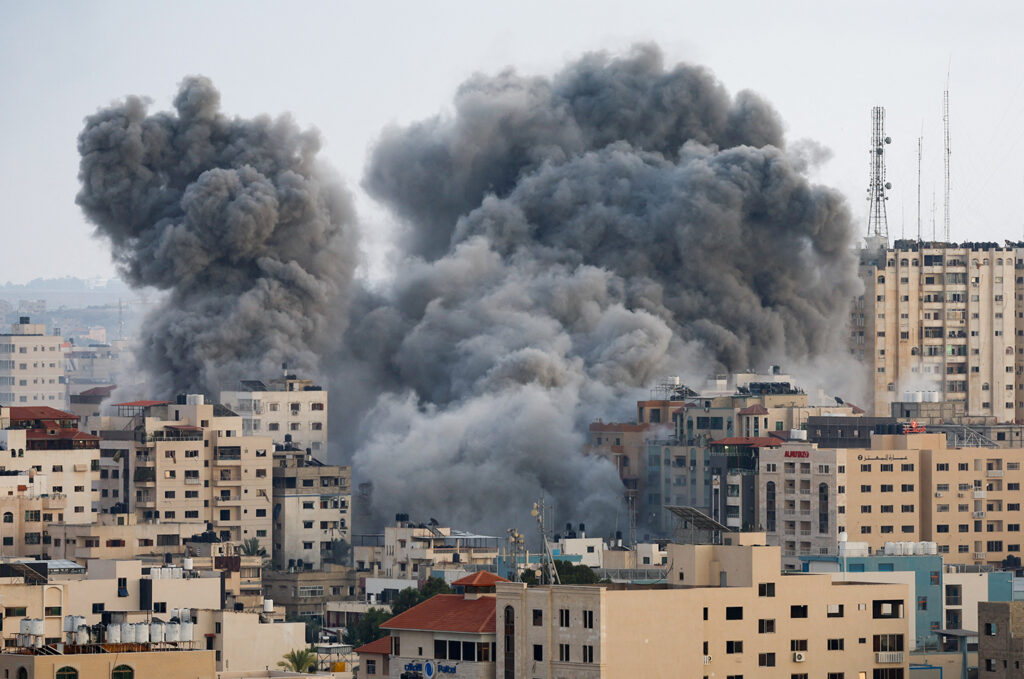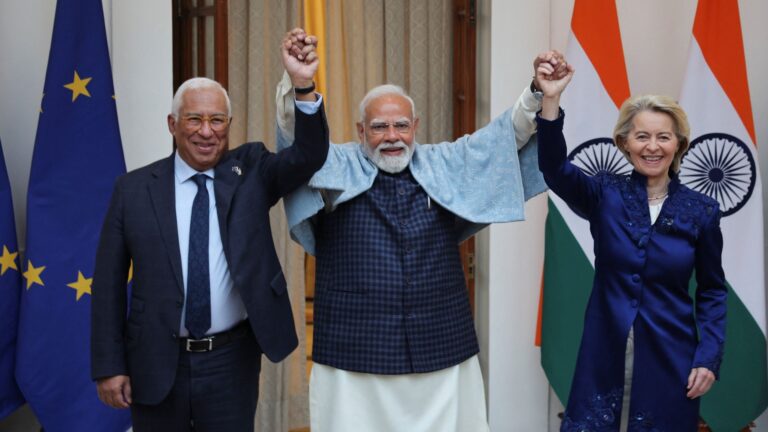
In a bid to achieve a lasting resolution to the decades-long Israeli-Palestinian conflict, the United States has unveiled a comprehensive 21-point peace plan for Gaza. The proposal centers around a series of reciprocal demands, including a complete withdrawal of Israeli forces from Gaza, the disarmament of Hamas, and the immediate release of all hostages held by Hamas.
Key Elements of the Peace Plan
The United States has introduced a comprehensive 21-point proposal to end the Gaza war and lay the groundwork for a future Palestinian state. The plan calls for the immediate release of hostages, amnesty for non-combatant Hamas members, and encourages Palestinians to remain in the Gaza Strip. According to The Times of Israel, the initiative represents a significant shift in U.S. policy amid rising regional tensions, outlining a roadmap toward the eventual establishment of a Palestinian state.
The 21 point peace plan
According to the Times of Israel website, shortly
1. Gaza will become a demilitarized, terror-free zone posing no threat to neighbors.
2. The Strip will be redeveloped to improve living conditions.
3. If Israel and Hamas accept, hostilities will end immediately, with the IDF halting operations and gradually withdrawing.
4. Within 48 hours of Israel’s acceptance, all hostages, living and deceased, will be returned.
5. Israel will then release hundreds of Palestinian security prisoners, over 1,000 Gazans detained since the war began, and the bodies of several hundred Palestinians.
6. Hamas members pledging peaceful coexistence will receive amnesty; those leaving will be granted safe passage abroad.
7. Aid will flow at a rate no less than 600 trucks per day, with infrastructure repair and rubble removal equipment included.
8. Distribution will be managed independently by the UN, Red Crescent, and other neutral bodies, leaving scope for the Gaza Humanitarian Foundation.
9. Gaza will be run by a transitional technocratic government, supervised by a U.S.-backed international body with Arab and European partners.
10. An economic plan will rebuild Gaza, using urban experts and investment initiatives.
11. A special economic zone will be created with reduced tariffs negotiated among participating states.
12. No one will be forced to leave Gaza; those who depart may return, while residents will be encouraged to stay.
13. Hamas will be excluded from governance, with all offensive infrastructure dismantled.
14. Regional partners will guarantee security to ensure compliance and prevent new threats.
15. A temporary stabilization force will deploy, overseeing security and training a Palestinian police force.
16. Israel will not occupy or annex Gaza; IDF withdrawal will follow new security control.
17. If Hamas rejects the plan, measures will proceed in militant-free areas, handed over to the stabilization force.
18. Israel will cease strikes in Qatar, with Doha recognized as a key mediator.
19. A de-radicalization process, including interfaith dialogue, will address mindsets and narratives.
20. Once redevelopment and PA reforms advance, conditions may allow a credible path to Palestinian statehood.
21. The U.S. will facilitate Israeli-Palestinian dialogue to define a political framework for peaceful coexistence.

Reactions from Israel
Israeli Prime Minister Benjamin Netanyahu has not yet formally accepted or rejected the U.S. 21-point peace plan, placing him in a difficult position. Key members of his far-right coalition have already voiced strong opposition to parts of the proposal.
Several of Netanyahu’s coalition partners oppose key components of the U.S. plan. Finance Minister Bezalel Smotrich specifically demanded excluding the Palestinian Authority from Gaza’s governance, dismantling Hamas entirely, and annexing parts of the West Bank to Israel. Acceptance of the plan could trigger a coalition collapse.
The U.S.’s 21-point peace plan for Gaza represents a bold attempt to break the cycle of violence and achieve a lasting resolution to the Israeli-Palestinian conflict. However, the path forward remains uncertain, and the success of the plan will depend on the willingness of both sides to make difficult compromises and commit to a peaceful future.
For more such informative articles stay tuned at The World Times.



